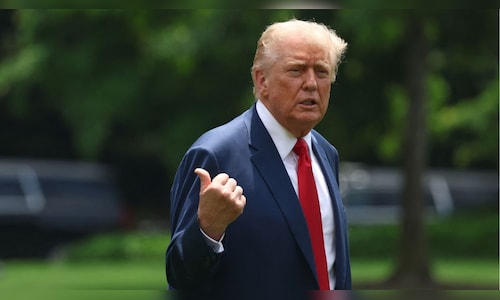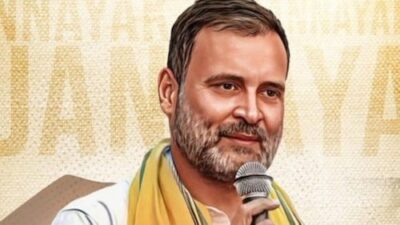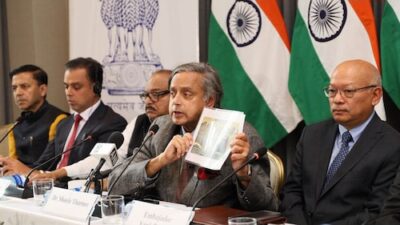On June 18, US President Donald Trump welcomed Pakistan’s military chief, General Asim Munir, for lunch at the White House. Munir characterized the meeting as pivotal in averting a nuclear crisis between India and Pakistan, though experts have offered mixed reactions, questioning whether this meeting signifies a shift in US policy or is merely diplomatic performance.
After the lunch, Trump remarked, “This man (Munir) was extremely influential in stopping it from the Pakistan side. Modi, from the Indian side, and others. They were going at it, and they’re both nuclear countries. I got it stopped.”
Earlier that same day, Indian Prime Minister Narendra Modi clarified during a 35-minute phone call that India had not engaged in trade talks regarding Operation Sindoor and has never accepted third-party mediation on any matter.
The White House confirmed the meeting, with spokesperson Anna Kelly describing it as recognition of Munir’s public acknowledgment of Trump’s contribution to easing tensions between the two nuclear-armed nations.
Experts from India and the US have voiced skepticism about the long-term ramifications of the meeting.
Meera Shankar, former Indian Ambassador to the US, suggested that Pakistan might be offering tactical advantages, warning that “Trump is extremely transactional. He’s not going to be sentimentally drawn to Pakistan.”
“Given the current situation in the Gulf, Pakistan may have provided some covert listening posts or similar assets to the Americans concerning Iran, as the country has a history of playing both sides,” she stated in her comments to CNBC-TV18.
However, considering their current economic situation and urgent need for an IMF bailout, it is plausible they have offered certain assurances regarding listening posts or comparable facilities, though likely not staging posts, she elaborated.
Michael Rubin, a former Pentagon official, added to the critique, stating, “Diplomatic rhetoric… everyone sees Pakistan for what it is, except perhaps Donald Trump,” suggesting the meeting might be more symbolic than meaningful.
Pramit Pal Chaudhuri, head of South Asia practice at Eurasia Group, told CNBC-TV18 that while Pakistan remains significant to US counterterrorism efforts, its strategic value has declined following the Afghanistan withdrawal.
He pointed out the military’s dominance in Pakistan’s political landscape, with General Munir holding considerable power behind the scenes.
“The Trump administration has indicated that it sees Pakistan as beneficial on the counterterrorism front and has shown some interest in mineral resources within Pakistan. Trump is not particularly focused on protocol. He conducts his own foreign policy, and I believe he understands the implications. The positive aspect for India is that Pakistan has very little to offer. There’s nearly no American corporate interest in Pakistan, and the country is navigating a weakened position in its relationship with the United States.”



